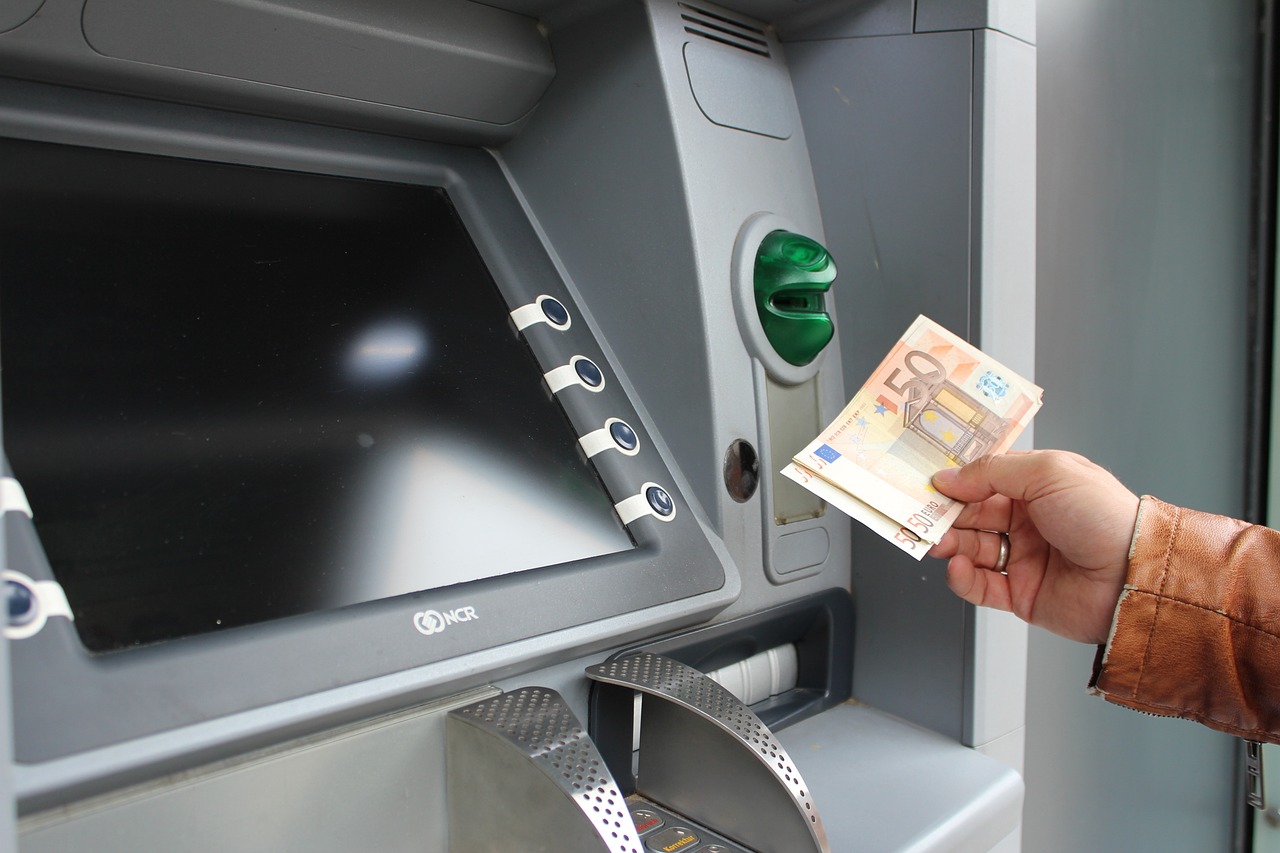Hidden travel fees in Europe can quickly eat into your budget if you’re not prepared. From sneaky ATM charges to roaming surprises, here’s what to look out for — and how to avoid them. Some of the most frustrating expenses are the ones you don’t see coming until they hit your bank account or travel experience. After years of traveling on a student and now adult budget, here are the ones I always warn friends about — and how to avoid them.
Disclosure: This page contains affiliate links. If you purchase through these links, I may earn a small commission at no extra cost to you. Thank you for supporting CheapWanderlust!
1. ATM Fees & Foreign Transaction Charges
Your bank card might work across Europe, but that doesn’t mean it’s cheap to use. Many travelers get charged:
- Withdrawal fees from local ATMs
- Conversion fees from their home bank
- Hidden exchange rates
How to avoid it:
- Use a card with no foreign transaction fees (like Revolut or Wise)
- Avoid Euronet and tourist-targeted ATMs — they charge sky-high withdrawal rates
- Always choose to be charged in the local currency, not your home currency
I personally use Wise when traveling — easy online setup and great real exchange rates.

2. Data Roaming & SIM Costs
Even though roaming is mostly free within the EU for EU residents, travelers from outside Europe can get hit with big roaming charges.
How to avoid it:
- Get a prepaid eSIM or local SIM (especially for longer trips)
- Use apps like Airalo or Holafly, or grab a Vodafone/Orange SIM locally
- Download offline maps on Google Maps in advance
Also, use a VPN when using public Wi-Fi. I use NordVPN especially in hostels or cafes.
* We receive a fee when you get a subscription from NordVPN using this link. We do not represent NordVPN. This is not a recommendation to buy VPN services.
3. Currency Exchange Traps
Changing money in person can seem convenient, but physical exchange offices often offer poor rates or charge commissions.
Smart move:
- Avoid airport or tourist-zone currency exchanges
- Use cards instead whenever possible (with no conversion fees)
- If you need cash, withdraw from a bank ATM using a low-fee card
4. City & Tourist Taxes
Many cities in Europe charge a local accommodation tax that isn’t included in the hotel price. It’s usually 1–3€ per night, per person.
What to do:
- Always check the “additional charges” section before booking
- Booking.com lists it transparently most of the time
- Budget it in advance (e.g. 10–20€ for a week stay)
5. Transportation Surprises
There are a few classic traps:
- Train seat reservations: In Italy or Spain, some trains require a paid reservation on top of your rail pass
- Airport transport: Some budget airports are far from the city and require costly shuttles
- Taxis: Watch out for overcharging or unlicensed taxis
Tips:
- Use Omio or Trainline to see full costs in advance
- Double-check if your Eurail/Interrail pass covers the train and reservation
- Research airport transfers before you arrive (many cities have cheap buses or metro links)
6. Accommodation Add-Ons
Hostels and even hotels sometimes charge for basics:
- Towels or linens
- Lockers or luggage storage
- Late check-in or early check-out
Fix it:
- Read the full listing on Booking or Hostelworld
- Message the host ahead if anything is unclear
- Consider paying a little more for a place with better included perks
Summary
The hidden travel fees in Europe aren’t always huge individually, but they add up quickly. A few small changes — like using a fee-free card, booking smarter, and reading the fine print — can save you hundreds over the course of a trip.
You Might Also Like: